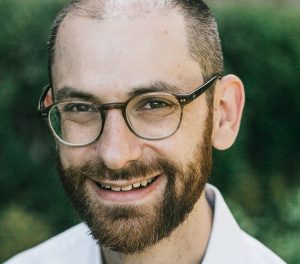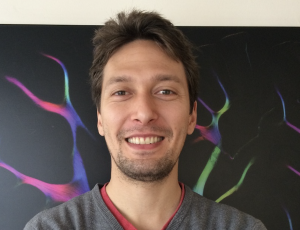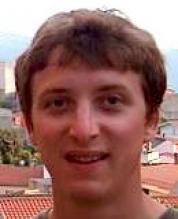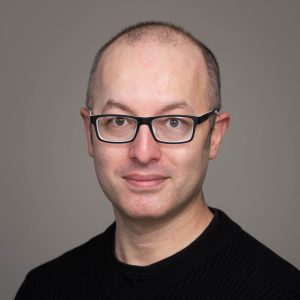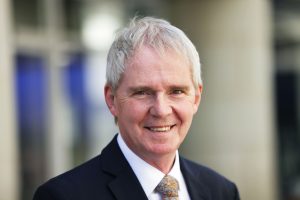About the Course
Computer Science is about understanding computer systems and networks at a deep level. Computers and the programs they run are among the most complex products ever created; designing and using them effectively presents immense challenges. Facing these challenges is the aim of Computer Science as a practical discipline, and this leads to some fundamental questions:
- How can we capture in a precise way what we want a computer system to do?
- Can we mathematically prove that a computer system does what we want it to?
- How can computers help us to model and investigate complex systems like the Earth’s climate, financial systems or our own bodies?
- What are the limits to computing? Will quantum computers extend those limits?
The theories that are now emerging to answer these kinds of questions can be immediately applied to design new computers, programs, networks and systems that are transforming science, business, culture and all other aspects of life.
Computer Science can be studied for three years (BA) or four years (Master of Computer Science). The fourth year allows the study of advanced topics and an in-depth research project. Students do not need to choose between the three-year and four-year options when applying to the course; all students apply for the four-year course, and then decide at the start of the third year whether they wish to continue to the fourth year (which is subject to achieving a 2:1 at the end of the third year).
The course concentrates on creating links between theory and practice. It covers a wide variety of software and hardware technologies and their applications. We are looking for students with a real flair for mathematics, which you will develop into skills that can be used both for reasoning rigorously about the behavior of programs and computer systems, and for applications such as scientific computing. You will also gain practical problem-solving and program design skills; the majority of subjects within the course are linked with practical work in our well-equipped laboratory.
Teaching in Computer Science, as in most other subjects, has two main components: University lectures and classes, and college tutorials. The lectures and classes are provided and held in the Department of Computer Science. The tutorials are held in college and cover all first-year courses and roughly half of the second-year courses. Further details on the structure of the degree can be found here.
The teaching provision at Jesus College is generous in relation to the number of Computer Science students. While many Oxford colleges have only on tutor in Computer Science, Jesus College has several tutors, who are committed to research in computer science as well as to teaching, and who together will cover a wide range of subjects.


